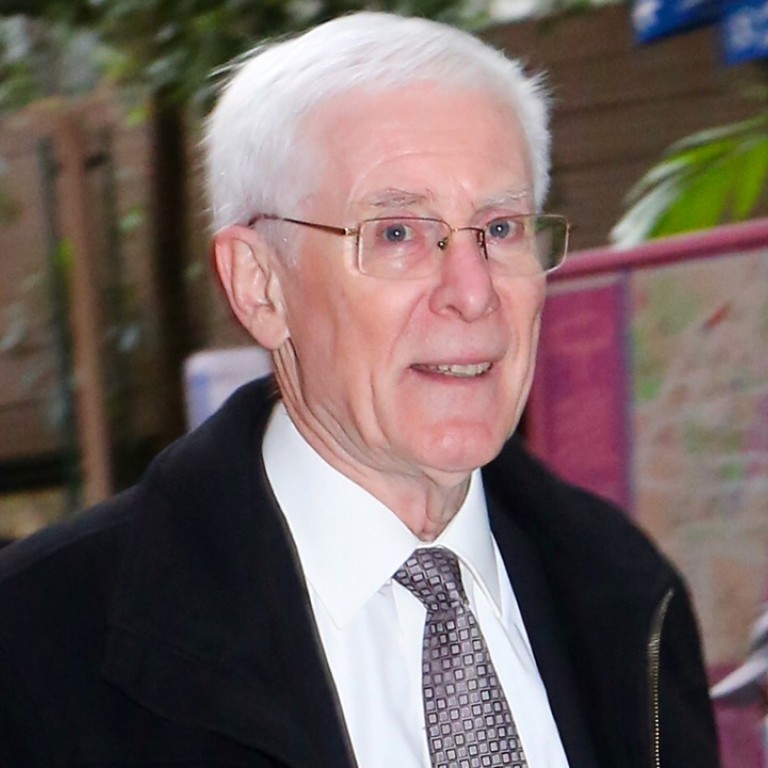
No one responsible for quality of Hong Kong drinking water, independent consultant tells lead-in-water inquiry
World Health Organisation expert says case is ‘unfortunate’ but admits it is difficult to monitor a large water supply system such as those in city’s public housing estates
Nobody has responsibility for ensuring the quality of drinking water in Hong Kong, an independent consultant on water safety and environment said on Wednesday.
“It’s unfortunate but that is the case,” Professor John Fawell told an inquiry into the tainted water scare in the city.
The scandal broke in June 2015 when tests showed tap water at Kai Ching Estate in Kowloon City contained amounts of lead exceeding standards set by the World Health Organisation.
READ MORE: Hong Kong water authority’s responsibility for safety ‘had its limitations’, official tells tainted water inquiry
Government tests later found similar levels at several other public housing estates.
Fawell, a member of the WHO’s expert committee on the guidelines for drinking water quality noted that Hong Kong had enacted a law banning the use of lead in piping and that plumbers were required to be licensed.
But the city’s authorities only focused on their specific responsibilities, the biologist said.
The Water Supplies Department, as regulator, had made specifications for materials used in waterworks to prevent contamination, but its duty to ensure water safety had its limitations, the inquiry heard earlier.
READ MORE: Hong Kong lead-in-water scandal: US expert sees no serious impact for children who drank tainted water
“In Scotland, the quality issue lies with the water supplier,” Fawell said.
He said he was not blaming the city’s authorities but that various departments should work together to find a long-term solution.
The expert said circumstances were different and some underdeveloped countries might fail to comply with the WHO’s guidelines for drinking water because of lack of resources.
Hong Kong was fortunate with its rich resources, he added.
But he agreed it was difficult to monitor the large water supply system in a public housing project with thousands of flats, as was the case in Hong Kong.
Excessive lead was found in materials used to solder pipes in flats on the estates, prompting the government to set up the commission to investigate.
READ MORE: Plumbing contractor in Hong Kong tainted water scandal says he was unaware solder should be lead-free
The inquiry, which began in early November, continues before commission chairman Mr Justice Andrew Chan Hing-wai.
It will ascertain the causes of excess lead found in drinking water and make recommendations to ensure water safety.

